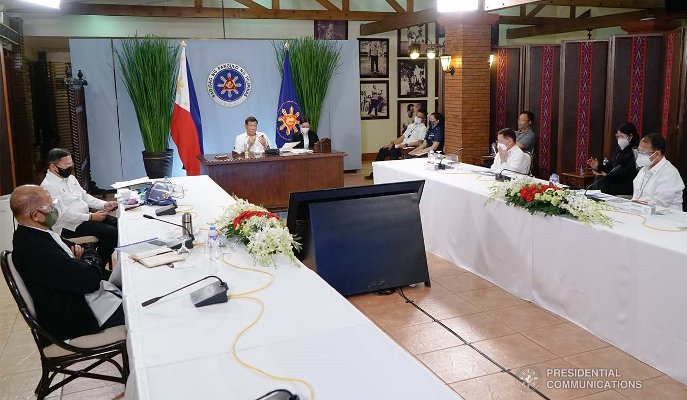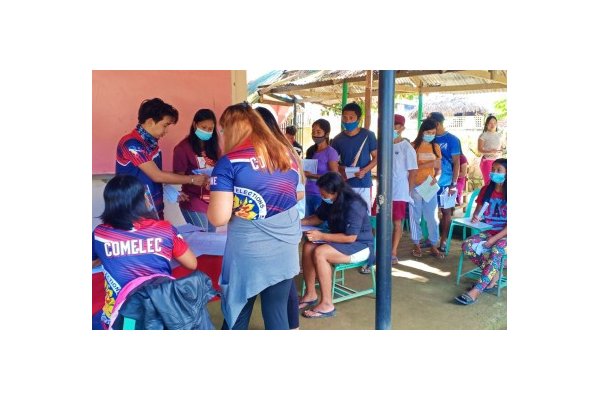Easter is supposed to usher in new hope, a new lease on life, to celebrate the resurrection of Jesus Christ. But when you hear almost every day about the death of either people you know or relatives of friends from the coronavirus disease, hoping for survival becomes increasingly challenging.
The traditional Easter Sunday egg-hunting in churches and leisure-activity centers has become an individual hunting for hope that our situation would improve.
COVID-19 has changed not just the way we observe the Lenten season but also how we live each day. After more than a year under community lockdowns that drastically limited our movements, we’re now on extended stricter quarantine, given the rising number of people becoming infected with the virus.
A sense of sadness dissipates the glimmer of hope as the situation worsens by the day while efforts to contain the spread of the virus don’t seem to be effective at all.
How much worse can the Covid-19 situation get? How much longer can people survive living under community lockdown?
During the Holy Week when fewer people were out of their homes, the Department of Health reported record-high numbers of infections, with the highest at 15,310 on April 2, Good Friday. If we subtract the 3,709 case backlog included in the report, the remaining 11,601 cases was still the highest on a single day since January 2020. Yet, the numbers keep rising, reaching 12,576 new cases reported on Black Saturday.
Local government units such as Quezon City try to massage the rising numbers by focusing on the recoveries. This strategy does not change the fact that more people are getting infected each day and there seems to be no end to it.
Meantime, we can only shed tears for those who have died and grieve virtually with their families. It is indeed quite distressing to lose someone you hold dear and not be able to even attend a wake or burial because of the quarantine protocols imposed during the pandemic.
You watch helplessly on social media platforms the videos showing law enforcers displaying their arrogance and ignorance of the rules they implement, or government spokespersons denigrating critics while boasting of supposedly excellent and timely response to the pandemic.
Perhaps hope won’t be as elusive as it has been in the past months if government leaders would accept their shortcomings and review the policies in place with the end view of setting aside those that proved ineffective and coming up with new ones.
Perhaps it’s about time we consult more health experts in responding to the pandemic, instead of entrusting the task to retired military and police officials whose expertise is in a different kind of war.
Perhaps the government would be able to communicate better to the public if it designates spokesmen who could well articulate its policies and responses instead of those who utter condescending and insulting remarks against those who don’t praise them.
Hope springs eternal, as they say. Let’s just hope that it won’t be too late when our leaders realize their shortcomings and take decisive moves that could take us out of this pandemic sooner.
Set aside that dream to leave behind a legacy of having the country’s own vaccine institute. One year is not enough to realize that. The most urgent task now is to bring in as many vaccines as soon as possible so that people would have some kind of protection against COVID-19. We shouldn’t be distracted by a dream that’s impossible to realize given the short time left in this administration.
Give the people reason to hope for a better future!
The views in this column are those of the author and do not necessarily reflect the views of VERA Files.
This column also appeared in The Manila Times.





